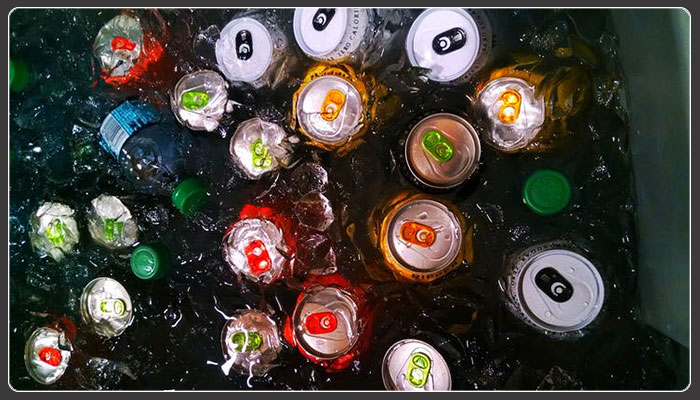Sustainable Waste Management Strategies used by Innovative Companies

While sustainable waste management helps companies in many different ways, the benefits related to business reputation and finances are among the most important results of the practice. Large corporations are beginning to pay attention to how they dispose of their waste because of it, helping the environment in the process.
New rules about the types of garbage that can and can’t be put into landfills have come into play, and within a decade, these rules could result in bans. This is especially true for South Africa, where the problem has worsened very quickly. By 2019, liquid waste will be kept out of landfills, and by 2021, batteries will also be disposed of elsewhere. Additionally, organic waste in landfills is expected to see a 50% decrease by 2023.
Waste streams have become more popular with the influx of disposal fees and landfill waste bans, and have in turn made garbage collection and treatment cheaper and easier. Discarded fluorescent light bulbs in particular have started to go to Reclite and E-Waste Africa for proper disposal after the bulb ban in August 2016. These new companies have helped keep fluorescent light bulbs out of landfills and generated income in the process.
Unfortunately, this isn’t true for other types of waste that can no longer be sent to the dump. South African companies are worried there won’t be enough space and people to break down non-landfill waste when bans are officially made. When discarded batteries are gone from landfills in four years’ time, for instance, there may not be a functioning facility to deal with them. This will likely lead to a drastic decrease in battery production, or the creation of a battery alternative.
Companies that seldom deal with the waste industry should thoroughly explore the issues they’ll encounter over the next few years with the incoming landfill bans and develop solutions for them so as to be prepared for the shift. Different categories of waste pose different problems for large companies, as some can be produced far less often with a simple change in manufacturing while others are unavoidable byproducts of production.
Certain businesses will have to develop waste management sites on their own property. Organic waste can be dealt with easily in any area through the use of nutrient-recycled soil farms and composting facilities, both of which produce material that both corporations and individuals can use. Although organic waste is the easiest waste type to handle, other waste types can often be used by the company that produces them if said company can find an appropriate application for it.
When companies cannot reuse their own discarded materials, waste management specialists entities are required to help with the processing of that specific kind of waste. This may be an inevitable outcome for some industries, but often, at least a small portion of the waste can be reused.
For future economical, environmental, and reputational success, companies must back away from landfill dumping, target the heart of the waste collection issue, and find their own effective waste management solutions.


